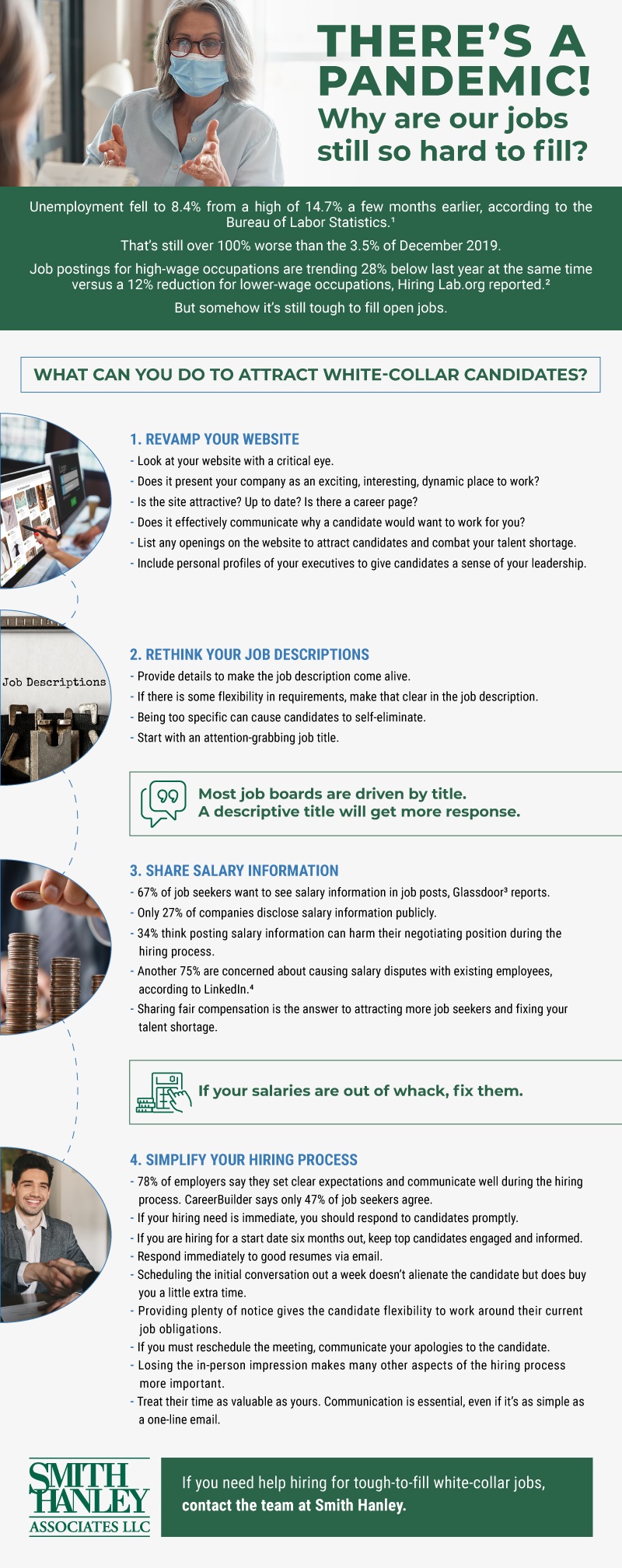
One of the best ways to start your career is to network with top executives when you are starting a new job. Your career will be impacted by these leaders. Ask them to have a conversation about your situation. This will make you more visible and open up more possibilities.
Self-nomination
Even though self-nomination might not come naturally to many of us, it could help you to reach your career development goals. This is a legal method of self promotion. The letter should highlight your achievements and highlights your experience. You should also briefly describe your qualifications for the job.
Employers are able to reach a wider range of high-potential candidate candidates through self-nomination. This increases diversity by allowing individuals from underrepresented groups to participate in the selection process. The list of protected characteristics includes race, gender, sexual orientation, age, and disability. These people can be added to the pool of potential candidates for management posts. Self-nomination also reduces the bias associated with initial selection processes.
Networking
A powerful tool in career advancement is networking. Networking can help you find job leads and expand your network. It also allows you to stay on top of industry trends. Learning from others' experiences is also a great way to improve your own. This will increase your skills and self-confidence. How do you harness the power that networking can bring to your benefit?

Networking is only possible if you are genuine. It is not enough to exchange business cards. It's also necessary to show genuine interest and reciprocity in your interactions. Your contacts are more likely to share useful information about their career if they believe you're interested in their work.
Upskilling
Upskilling is a strategy for professional development that helps employees advance their skills. As it takes time and effort, learning new skills can be hard for employees. It is important that employees buy into upskilling initiatives. Employers should be able to communicate to them the benefits of upskilling and career development. This will help get buy-in. Employers can encourage employees invest in their skills by convincing them about the benefits to career progression and higher compensation.
Upskilling also empowers employees to negotiate for a higher salary and more responsibility. Negotiating for higher compensation can be made easier by demonstrating that your new skills are beneficial to the organization and you. Upskilling can be a great strategy to advance your career, provided that your new skills are applicable to your current job and the company's needs.
Learn for your whole life
Whether it's a career change, an education, or a self-improvement project, lifelong learning is an excellent way to keep up with current trends and to develop your potential. Learning can be as simple as reading self-help books or taking personality tests. It also involves networking with industry leaders. Learning does not need to be academic. It should be fun.
Lifelong learning is not only an excellent way to stay current and competitive, it can also boost your creativity and make your life more interesting. You'll be more appealing to future employers if you take on new challenges and explore new areas of interest. It's vital to stay current and relevant in a changing world of work. By attending seminars and workshops or enrolling for university courses, you can achieve this.

Mentorship
Trust is key to a mentoring relationship. Trust is essential for a mentoring relationship to be successful. Both must trust the other to give accurate guidance and keep each other honest. This trust is vital in a highly competitive market. It is essential that both parties communicate regularly and keep their promises.
Mentors are able to provide valuable insight and help their mentees succeed in their current role. Providing mentoring opportunities is also essential in the retention of talent within an organisation. The University of Southern California recently found that such opportunities help to prevent employee turnover. This study also showed that employees can be retained if they are provided with the right training opportunities and other development opportunities.